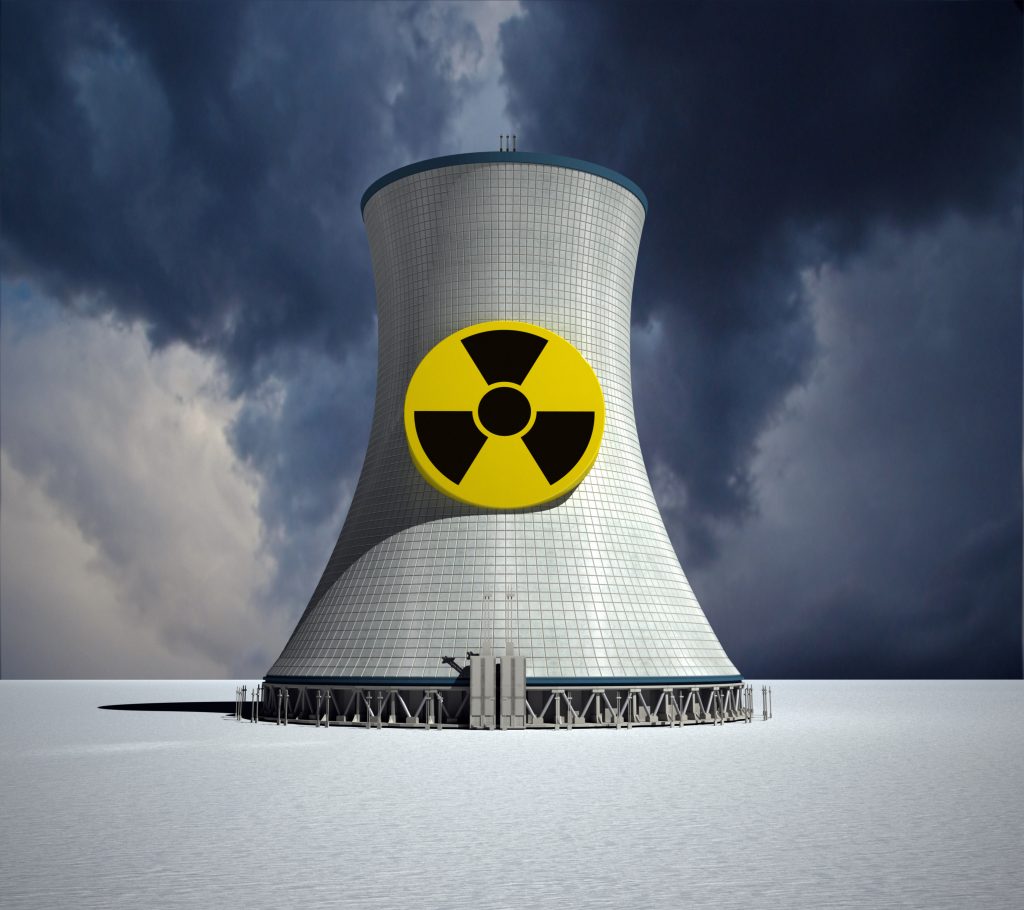Have you ever thought of a nuclear power plant as a vital lifeline for a country? Just like a beating heart, it pumps energy and stability throughout the nation. But imagine if this lifeline was snatched away, controlled by an outside force. That’s what’s happening with the Zaporizhzhia Nuclear Power Plant in Ukraine. Currently under Russian control, the safety and security of this crucial facility are at risk. In this article, we will delve into the significance of safely returning the Zaporizhzhia Nuclear Power Plant to Ukraine. With the G7 countries condemning Russia’s actions and the recent missile attacks on Ukraine’s energy infrastructure, the urgency to resolve this situation cannot be ignored. Join us as we explore the implications and measures required to ensure the safe return of control to Ukraine.
G7 Condemnation and Call for Return
The G7 countries have unequivocally condemned Russia’s kidnapping of leadership and staff at the Zaporizhzhia nuclear power plant and are calling for the immediate return of full control of the facility to Ukraine. The G7 response to this alarming situation highlights the safety concerns associated with the Russian occupation of the plant. International pressure is mounting as the G7 countries emphasize the importance of upholding Ukrainian sovereignty and ensuring the safe and secure operations of the facility.
The G7’s condemnation of Russia’s actions at the Zaporizhzhia nuclear power plant underscores the potential risks and dangers that arise from this occupation. The G7 countries are deeply concerned about the safety of the plant under Russian administration, as it is crucial to ensure the proper functioning and security of such a critical infrastructure.
By calling for the immediate return of control to Ukraine, the G7 countries are sending a strong message to Russia that the violation of Ukrainian sovereignty will not be tolerated. The G7’s unified stance reflects the international community’s commitment to upholding the principles of sovereignty and territorial integrity.
Russian Control of Zaporizhzhia Plant
Regard the Russian control of the Zaporizhzhia Nuclear Power Plant, it raises significant concerns about the safe and secure operations of the facility. The Russian President, Vladimir Putin, ordered his government to take control of the plant, which is the largest nuclear power plant in Europe. This move has resulted in safety concerns and operational risks due to potential accidents that may occur under Russian administration. The international community has condemned this violation of Ukrainian sovereignty, with the G7 countries calling for the immediate return of control to Ukraine. The G7 emphasizes the importance of returning control to Ukraine’s rightful sovereign owner in order to ensure the safety of the facility. The potential risks and dangers associated with Russian control of the plant have been a cause for international condemnation. It is crucial to address these concerns and prioritize the safe and secure operations of the Zaporizhzhia Nuclear Power Plant.
Missile Attack and Power Cuts
Following the Russian control of the Zaporizhzhia Nuclear Power Plant, concerns about safety and security have escalated due to a recent missile attack and resulting power cuts. The missile attack targeted energy facilities and infrastructure in central and western Ukraine, leaving hundreds of thousands of people without power. In parts of Kyiv, scheduled stabilization power cuts have been introduced due to repeated Russian strikes. This attack has had a significant impact on energy infrastructure, exacerbating the ongoing humanitarian crisis in the region. The geopolitical implications of this attack are grave, as it further escalates tensions between Russia and Ukraine, and raises concerns about the potential for a wider conflict. The international response to the missile attack has been swift, with the G7 condemning Russia’s actions and calling for the immediate return of control of the Zaporizhzhia plant to Ukraine. The economic consequences of the power cuts are also significant, as they disrupt daily life, hinder economic activities, and further strain an already fragile Ukrainian economy. It is imperative that steps are taken to ensure the safe and secure operation of the Zaporizhzhia Nuclear Power Plant to prevent further damage to energy infrastructure and mitigate the humanitarian, geopolitical, and economic consequences of this crisis.
| Impact on energy infrastructure | Humanitarian crisis | Geopolitical implications | International response | Economic consequences |
|---|---|---|---|---|
| Significant damage to energy facilities and infrastructure | Exacerbates ongoing humanitarian crisis in the region | Escalates tensions between Russia and Ukraine | G7 condemns Russia’s actions and calls for immediate return of control to Ukraine | Disruption of daily life, hindrance to economic activities, and strain on Ukrainian economy |
Detention of Senior Employees
You may be interested to know that senior employees at the Zaporizhzhia Nuclear Power Plant have been detained by Russian forces. This development has raised several safety concerns and has triggered an international response. The detention of these employees is not only a violation of Ukraine’s sovereignty but also has consequences for their well-being. Here are the key points to consider:
Safety Concerns:
- The detention of senior employees raises concerns about the safe and secure operations of the Zaporizhzhia Nuclear Power Plant under Russian control.
- The expertise and experience of these detained employees are crucial for the safe functioning of the plant.
- The absence of these senior employees may lead to a potential compromise in safety protocols and procedures.
International Response:
- The G7 countries have condemned Russia’s actions and called for the immediate return of control of the facility to Ukraine.
- The Nonproliferation Directors General of G7 countries have denounced the pressure on the remaining Ukrainian personnel.
- The G7 has urged Russia to remove all Russian personnel from the facility and warned against placing the plant under Russian administration.
Violation of Sovereignty:
- The detention of senior employees at the Zaporizhzhia Nuclear Power Plant is a clear violation of Ukraine’s sovereignty.
- It is an infringement on Ukraine’s right to control and operate its own nuclear power plant.
Detention Consequences:
- The well-being and safety of the detained employees are of utmost concern.
- Their absence may disrupt the normal functioning of the plant and compromise the overall safety and security of the facility.
Employee Well-being:
- The detained employees are in an uncertain and potentially dangerous situation.
- Their families and loved ones are understandably worried about their safety and well-being.
Iranian-made Drones in Ukraine War
An investigation has revealed that Ukrainian forces have shot down 14 Iranian-made drones in the ongoing war, highlighting the involvement of Western countries in the conflict. The impact of these Iranian drones on the conflict cannot be underestimated. Their use has escalated the conflict, causing significant damage and casualties. The international response to Iranian involvement has been swift, with the European Union imposing sanctions on three top Iranian generals and the Iranian drone maker, Shahed Aviation Industries. There have also been proposals for further sanctions on individuals and entities involved in the development and delivery of drones to Russia.
The dangers of using Iranian drones in warfare are evident. These drones are equipped with advanced technology and capabilities, making them highly effective weapons. They can carry out precision strikes, gather intelligence, and disrupt enemy operations. However, their use also raises concerns about the proliferation of such technology and the potential for it to fall into the wrong hands.
The sanctions on Iranian drone makers serve as a deterrent and a message to other countries that the international community will not tolerate the use of advanced weaponry in conflicts. It also highlights the need for stricter controls and regulations on the sale and transfer of military technology. The ongoing conflict in Ukraine underscores the urgent need for international cooperation to address the proliferation of advanced weapons and to prevent further escalation of conflicts.
Attacks on Zaporizhzhia Plant
During the ongoing conflict, the Zaporizhzhia Nuclear Power Plant in Ukraine has been subjected to multiple attacks. These attacks have resulted in significant challenges when it comes to verifying the responsible party. Both Russia and Ukraine have accused each other of carrying out the attacks, making it difficult to ascertain the truth. This lack of clarity has increased the risk of further escalation and potential nuclear incidents. The G7 foreign ministers have expressed their concern over these attacks, warning of the dangers they pose not only to Ukraine but also to neighboring states. Despite the continued attacks, the critical infrastructure of the Zaporizhzhia Plant has remained intact. However, there have been instances of partial damage to the plant. This damaged infrastructure presents a significant challenge in ensuring the safe and secure operations of the facility. The United Nations Security Council is set to address the issue of the attacks, emphasizing the importance of addressing this ongoing threat to the Zaporizhzhia Nuclear Power Plant.
Use of Western Parts in Russian Weapons
One report suggests that Russian weapons in Ukraine are powered by a significant number of Western parts. This raises concerns about Western involvement in the conflict dynamics between Russia and Ukraine. The authenticity of the report has not been independently verified, but if true, it highlights the complexity of the weapons being used in the conflict. The use of Western parts in Russian weapons also raises international concerns about the extent of foreign involvement in the conflict. The involvement of Western countries in supplying parts for Russian weapons adds a layer of complexity to the already volatile situation. It underscores the need for transparency and accountability in the arms trade to prevent unintended consequences and further escalation of the conflict. The weapon systems involved are likely to be technologically advanced and sophisticated, given the complexity of integrating Western parts into Russian weaponry. This further highlights the challenges and risks associated with the ongoing conflict in Ukraine.





